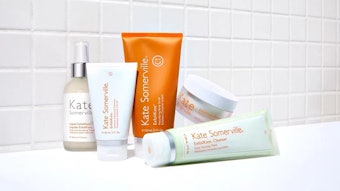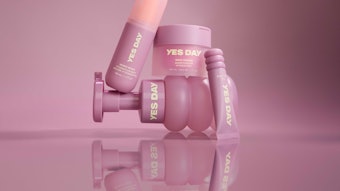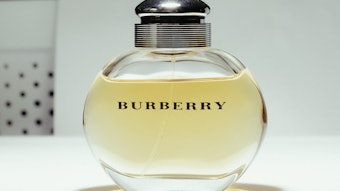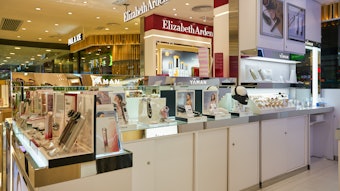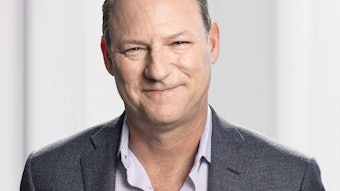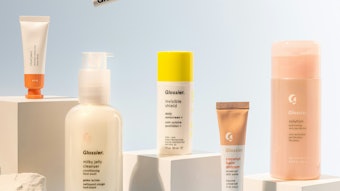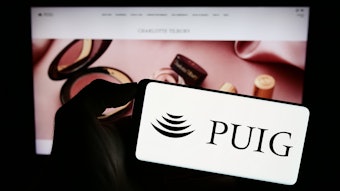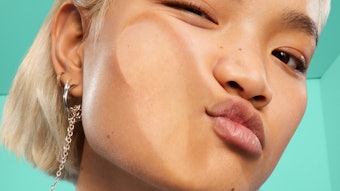In its first quarter of 2009, Henkel increased sales compared to the prior-year quarter by 3.1% to €3,258 million. The rise is attributable to Henkel’s acquisition of the National Starch businesses in April 2008. In organic terms, or adjusted for foreign exchange and acquisitions/divestments, sales decreased by 7.0% within a difficult overall market environment. After adjusting for foreign exchange, the increase in sales amounted to 3.8%. Business development at the company’s three business sectors was very mixed—with its cosmetics/toiletries business performing well.
“At the beginning of this new financial year, Henkel too has felt the effects of the persistently adverse economic climate, with our businesses turning in a very mixed set of results for the first quarter of 2009,” said Kasper Rorsted, chairman of the management board, Henkel. “Our two consumer goods business sectors, laundry & home care and cosmetics/toiletries, continued to perform very well, while the adhesive technologies business sector suffered from the challenges encountered in major customer industries worldwide. We are dissatisfied with our start to fiscal 2009. However, we are convinced that, as a result of our early introduction of counter measures and based on our solid financial position, we will emerge from this still difficult economic environment stronger than before.”
Despite the increasingly difficult market conditions and a very strong prior-year quarter, the cosmetics/toiletries business sector continued the positive trend of recent years, registering organic sales growth of 3.5%. Once again, according to the company, the division was successful in outpacing the growth of its relevant markets. Apart from Western Europe, all the regions contributed to the organic improvement achieved, with the regions of Eastern Europe, Asia and Latin America in particular continuing to generate strong growth. In nominal terms, sales rose by 1.7% to €720 million. Operating profit reached €91 million, an increase of 4.1%, rising to 4.8% after adjusting for foreign exchange.
The hair cosmetics segment succeeded in expanding the market positions of all its categories. The hair care and colorants businesses turned in a particularly positive performance, aided by the international launch of the new Schauma line Q10, the introduction of the new hair care brand Syoss and also the launch of the new colorant brand Essential Colors. The body care segment continued its very encouraging performance in the U.S. under the Dial brand. This was based in particular on line extensions and the launch of a number of new body wash products. In Europe, the Fa brand specifically ensured a successful start to the year: in the deodorants business, the positive trend of the previous year was extended through the launch of new products for both women and men.
In the skin care segment, the focus was on the launch of the new Diadermine line Dr. Caspari and also the relaunch of the Diadermine core range Lift Plus Triple Lifting. In the oral care segment, the new Theramed variant Oxy White generated positive impetus. Against the background of an increasingly serious slowdown in the global professional hairdressing market, Henkel’s hair salon segment significantly outperformed its sector. At the center of its activities were the continuing rollout of the new brand Essensity and the launch of the styling line Silhouette Gold.
